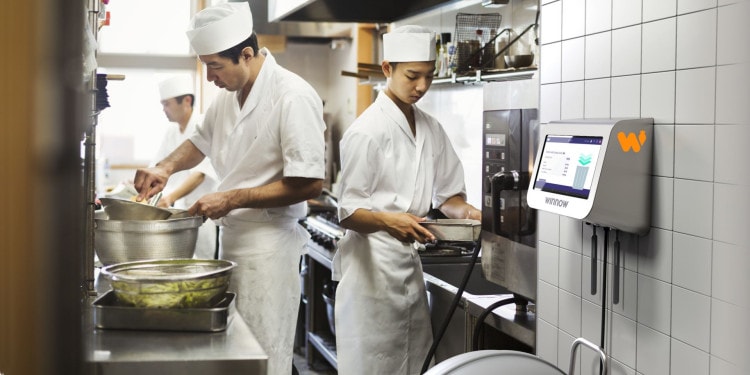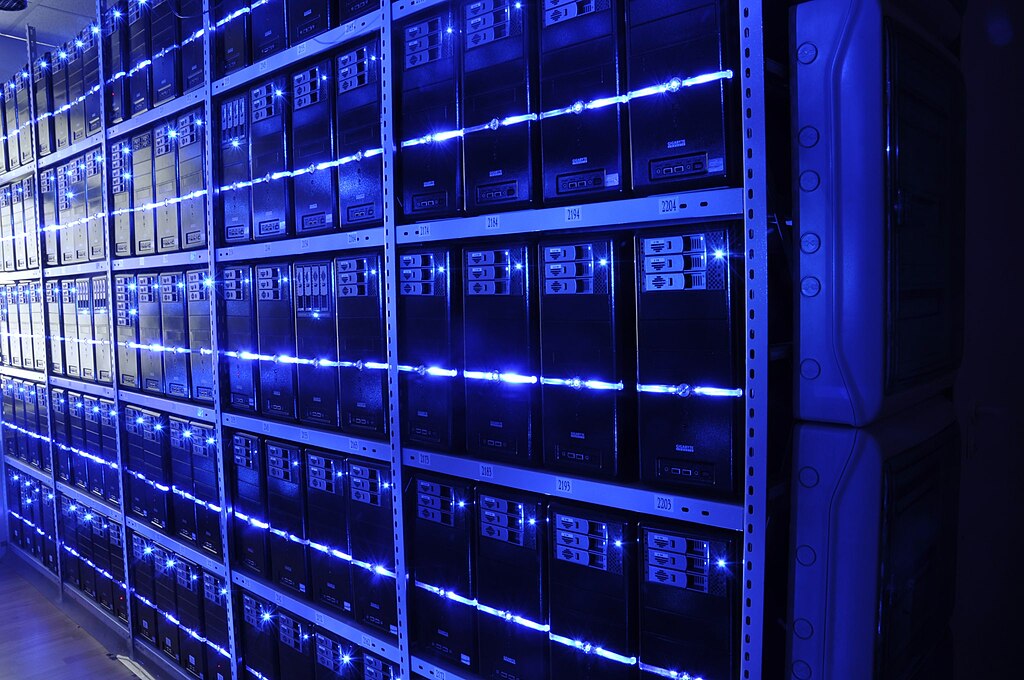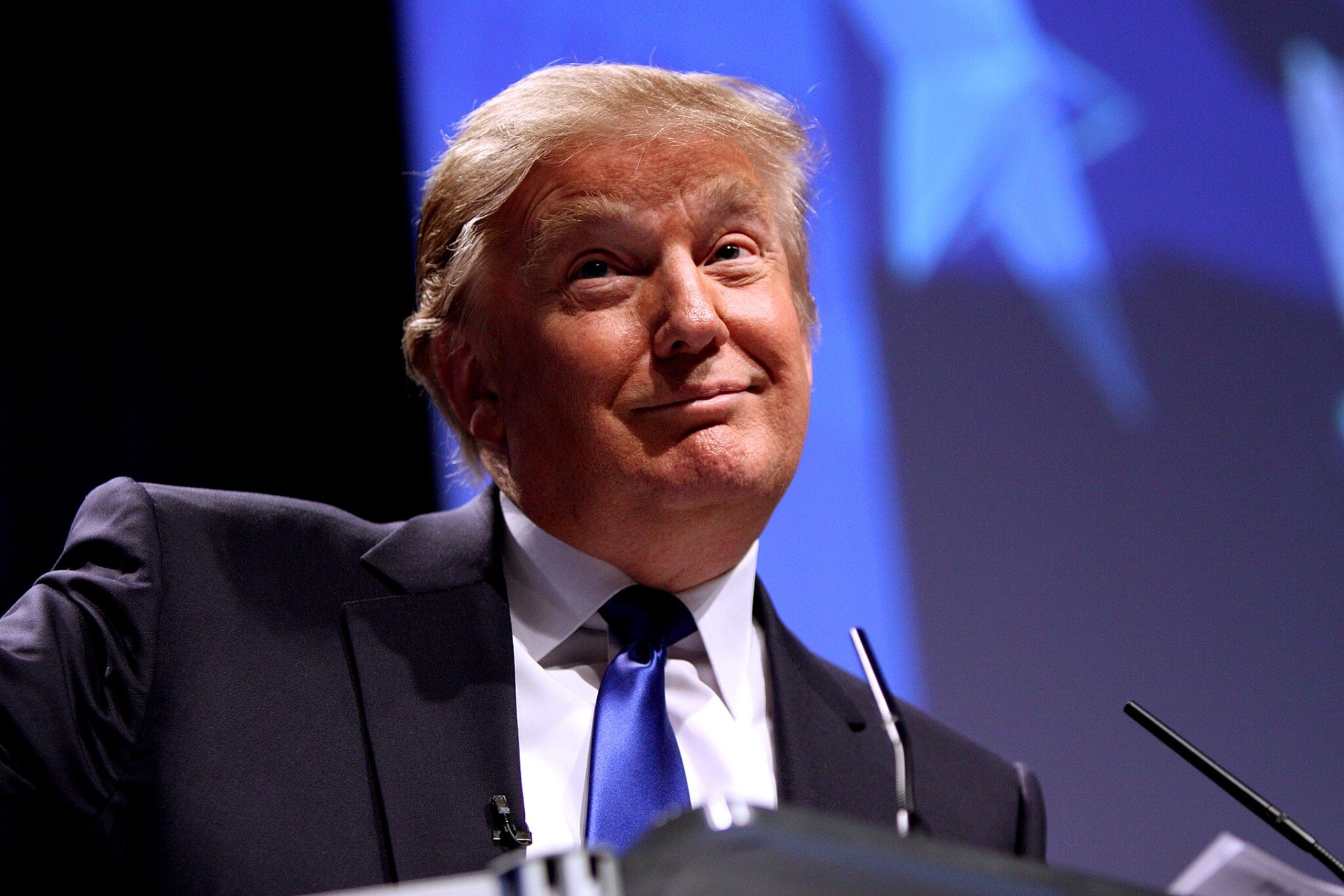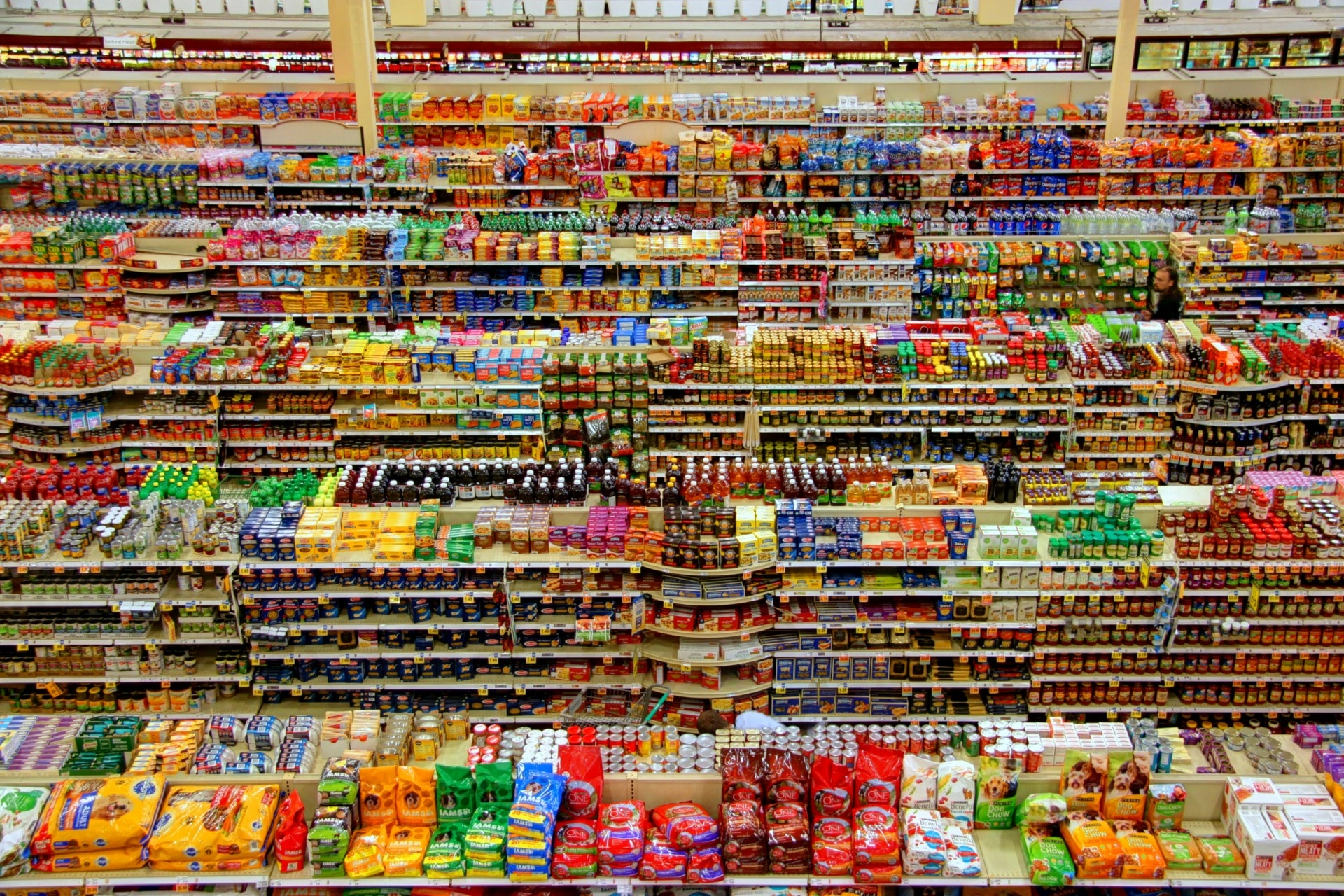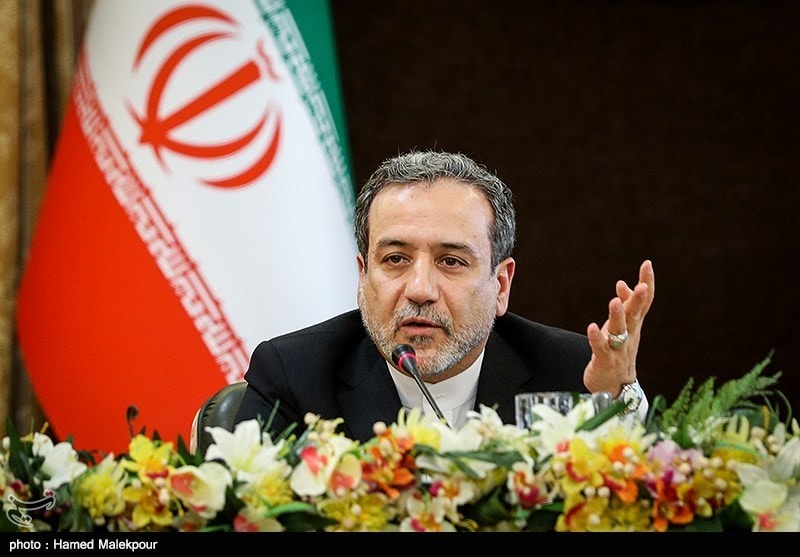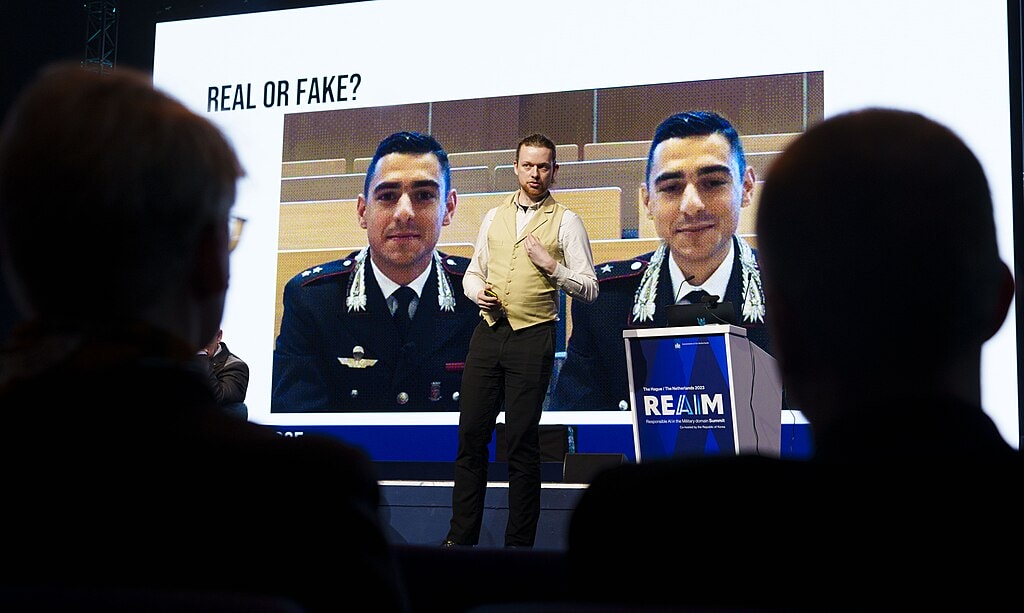As far as I see it, building a circular economy is absolutely critical if we are to meet the UN’s ambitious but wholly necessary climate targets by 2030. For the hospitality industry and many other sectors, Artificial intelligence (AI) is going to be instrumental in helping us make this shift.
The plethora of fourth industrial revolution technologies such as AI, quantum computing, virtual and augmented reality, and robotics — will ultimately help us to tackle the defining problems of our generation. By harnessing enormous volumes of data and setting the technology to work on specific tasks, we can transition to a circular economy.
You might ask, why is this desirable or necessary?
There are two separate but connected areas to highlight here.
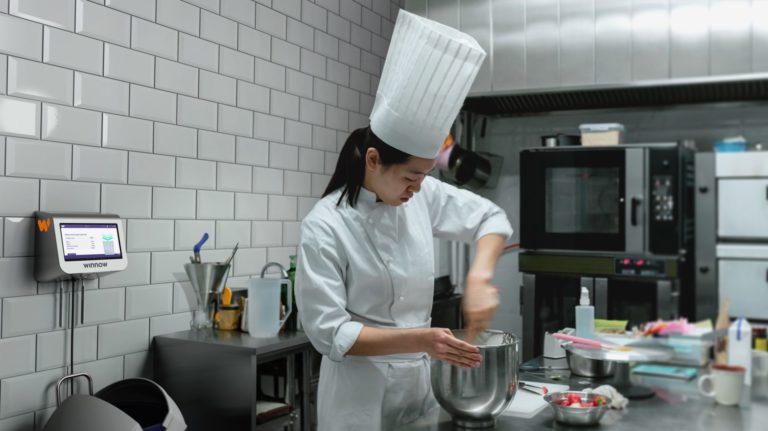
Firstly, we cannot afford for the economy to continue as we have it today. Inherent inefficiencies in the way we work are damaging for the environment, business, and for society. Policy change is an important tool to accelerate this transition, but disruptive technology has the potential to significantly move the needle and make an enduring change to society.
Secondly, the opportunity for resource productivity is massively underexploited. Put simply, we can create enormous amounts of wealth through a paradigm shift in how we work. McKinsey reports that if Europe adopts the circular principles then €1.8 trillion of net economic benefit could be generated by 2030.
Adopting circular principles is a no brainer for an industry like hospitality where margins are already tight and overheads are high. Implementing technology that helps to optimize the use of food, water, and energy across operations in thousands of locations will have a transformative impact on margins.
AI to Tackle Food Waste
I have seen the potential of what AI can achieve from first-hand experience of founding Winnow. Developing an AI solution adds the necessary automation to reduce food waste, and ensures we can tackle the issue on a global level.
As a single issue, food waste costs the global economy $1 trillion each year. In the hospitality industry alone, food waste costs $100 billion annually. The effects on the environment are considerable. Food waste accounts for 8% of global emissions. If it were a country, it would be the third largest emitter — only behind the US and China.
The Yale School of Forestry & Environmental Studies indicates that things are going to get worse before they get better too. Food waste is set to increase by 2.1 billion tons by 2030.
Looking at this picture holistically, food waste could be considered as a perfect illustration of the potential and necessity of resource optimization. It is time to make a lasting impact on the problem of food waste.
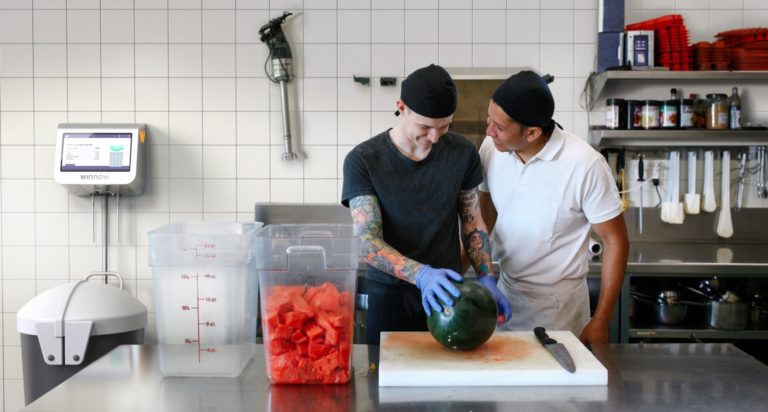
After serving over 1,000 kitchens in the last few years, Winnow launched an AI-enabled tool this spring to scale our food waste solutions to thousands more kitchens globally.
AI provides a multitude of benefits to do this. Hospitality businesses can run more efficiently as time-consuming (and often mundane) tasks are performed by machines trained to perform specific tasks.
Fed enough data, AI increase accuracy and precision. They are highly specialized in the task they are performing and improve as the volume of data increases. This is not something we should be nervous of, either. The result of this is higher quality insight that we can use to run our businesses better.
In Winnow’s case, AI provides a pathway to ultimately automate food waste tracking. This means the kitchen can run more efficiently as staff do not need to record waste as it happens. By reducing food waste, kitchen teams reduce the amount of time they spend preparing food that never gets eaten.
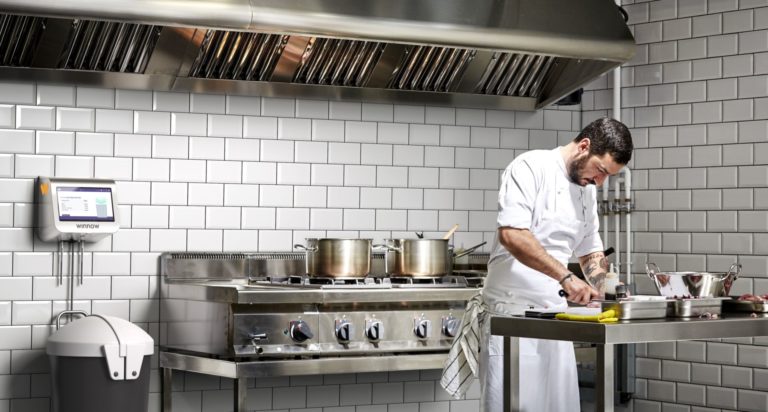
By cutting food waste in half, kitchens can cut costs by thousands of dollars each year in the process. For example, IKEA UK reduced their food waste by 1.2 million meals. This saving can either go onto the bottom line or be re-invested into the business to provide a better experience for customers.
The development of AI will be a game-changer for the impact that we are able to have on the hospitality industry. We aim to increase the savings made for our clients by over 30 times by 2025 — a total of $1bn in food waste savings per year.
The Transition to Fourth Industrial Revolution Technologies
Despite the numerous advances in technology over the course of the last few decades, the shift required to move to fourth industrial revolution technologies remains significant. We are right at the beginning of integrating a host of new technologies that each offers different capabilities.
91% of all produced materials and products go straight to landfill — leaving billions of untapped capital to utilize and a need that the right technology can capably fill.
There are numerous opportunities to create systemic change. For example, we only use a small fraction of materials more than once. 91% of all produced materials and products go straight to landfill — leaving billions of untapped capital to utilize and a need that the right technology can capably fill.
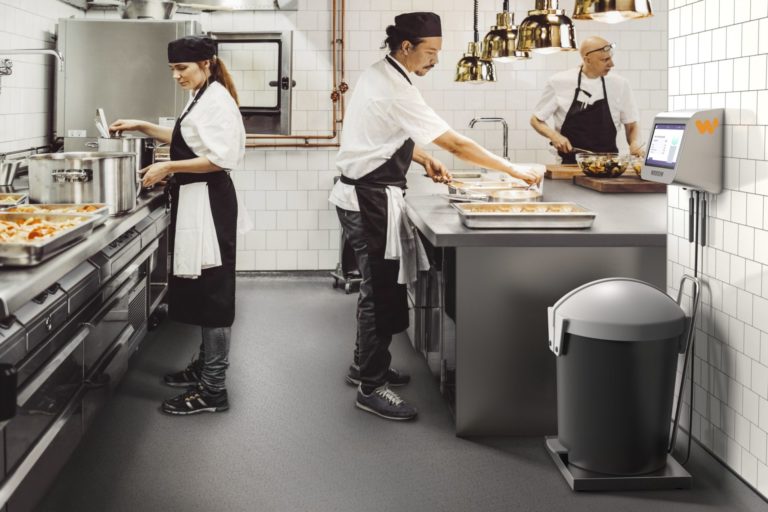
Some of the existing things we do to put products back into the economy through activities like recycling are vastly improved through simple sorting technology. This AI uses visual recognition to identify pure streams of product to help increase efficiency. This is AI’s sweet spot.
Aside from gains in resource efficiency, the hospitality industry can use fourth industrial revolution technology to leverage the abundance of customer data and enhance the customer journey. In China, Japan and the US particularly, robot butlers, automated check-in technology, and chatbots are becoming increasingly commonplace.
In a generation of digital natives, technology that enhances the customer experience is becoming an expectation. Similarly, many clients use Winnow because a new generation of customers is increasingly concerned with environmental practices.
Editor’s Picks — Related Articles:
 “Food Packaging: Can ‘Reuse’ Defeat ‘Single Use?'”
“Food Packaging: Can ‘Reuse’ Defeat ‘Single Use?'”

“Food Waste in Large Kitchens: Ensuring Sustainable Consumption and Production”
For instance, the 5-star Rixos Bab Al Bahr hotel in the United Arab Emirates was so keen to share their food waste reduction that they advertised their reductions on a giant screen at the entrance to the restaurant.
Importantly, fourth industrial revolution technology will shift the emphasis towards problem solving rather than simply adopting the technology in the first place. As time goes on, these tools will gain in importance as the models become more accurate and the data achieves a level of trust.
The biggest risk moving forward is that businesses underestimate the importance of what technologies like AI can do for the business. Research done by Microsoft and KPMG shows that organisations in the UK on the artificial intelligence journey are already outperforming peers by 5%.
The tools to drive change are at our disposal. Now we must show the willingness to use them.



